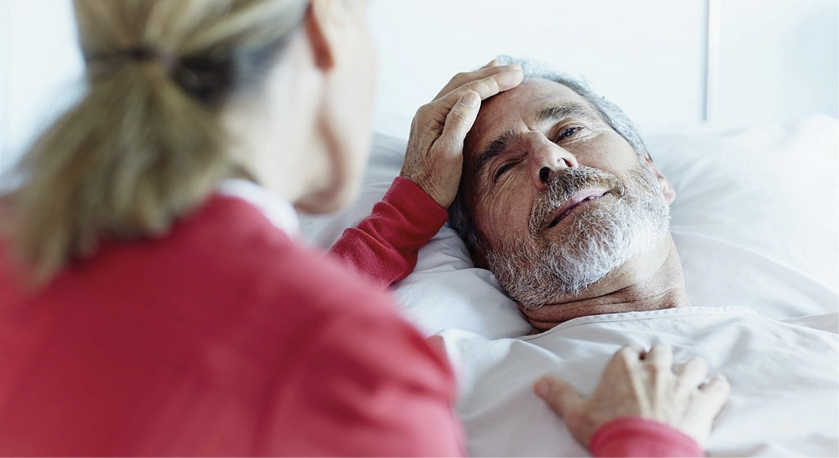Life after a stroke
Life after a stroke vuyelwanStroke victims must be taken to hospital as soon as possible.
People who have a stroke can make a full recovery if they are taken to hospital as soon as possible, follow their treatment plan and start living a healthy lifestyle. 
A stroke happens when a blood vessel in the brain is clogged (ischemic stroke) or bursts (haemorrhagic stroke), leading to damage in the brain.
Those who suffer a stroke could lose the ability to walk, not be able to speak properly and lose function one side of their body.
A stroke can be mild, moderate or severe and symptoms include suddenly not being able to speak properly and not being able to keep both arms outstretched.
CEO of the Heart and Stroke Foundation Pamela Naidoo says 20 to 30 percent of people have a stroke because of their genes – the traits passed down from one generation to another. However, many people could have a stoke if they live an unhealthy lifestyle by smoking, drinking heavily, eating unhealthily, not exercising and not managing an illnesses like hypertension.
Naidoo says stroke victims can make a full recovery, but they need to be taken to hospital as soon as possible. “Patients need to be stabilised as soon as possible to control any problems that may impair recovery,” she says.
Stroke patients are treated by a team of doctors, including a speech therapist, physiotherapist, neurosurgeon and psychologist.
Modern medicine has improved a stroke patient’s chance of regaining full function of their body.
The road to recovery includes being physically active, eating healthier and going for speech therapy and brain training exercises. “Talking to a stroke patient will help to improve their speech recovery,” says Naidoo.
You can help someone who has had a stroke by:
- Making sure they take their medicine on time.
- Empowering them to do things on their own.
- Helping them develop hobbies that will exercise their mind.
For more information visit: www.heartfoundation.co.za or call 021 422 1586.